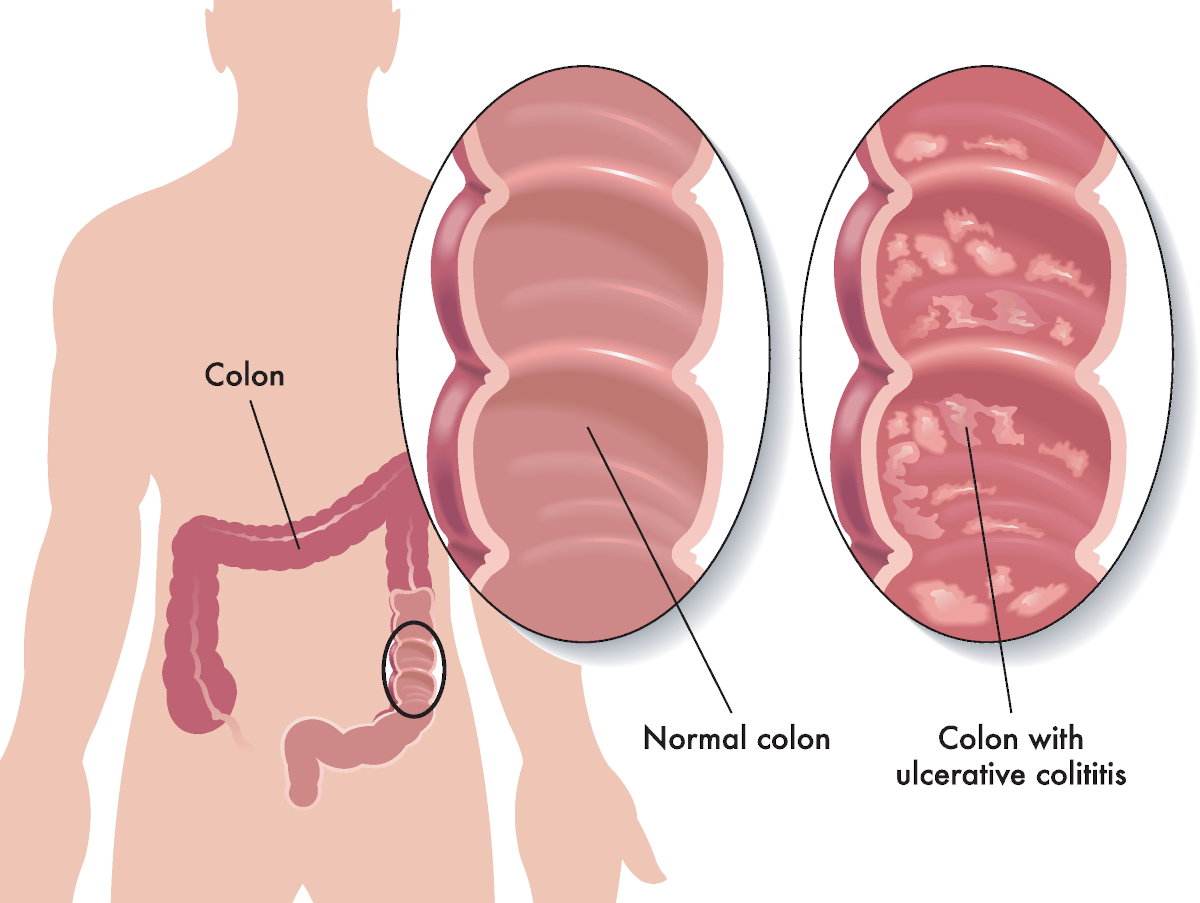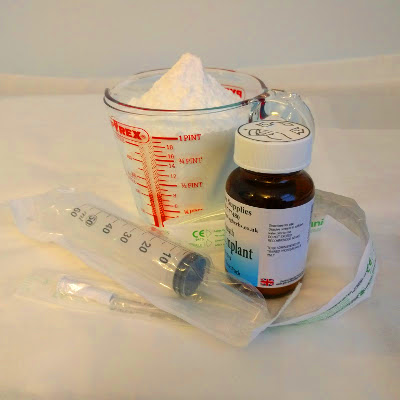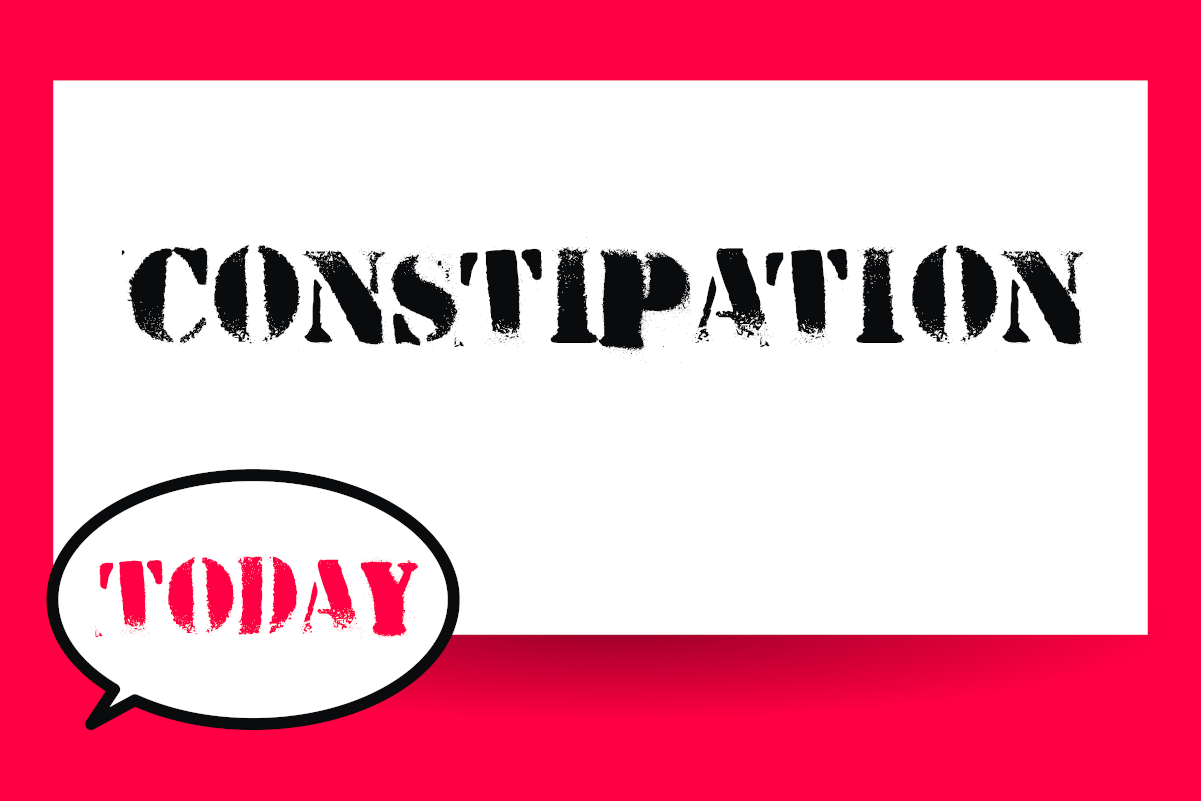
The inflammatory process of the colon is called ulcerative colitis or colitis of the intestine. Inflammatory bowel disease is the general term for a group of chronic pathologies in which a painful process affects the digestive tract.
Colitis of the intestine is a pathology of the colon and rectum. The disease is accompanied by inflammation or degeneration of the internal mucosa due to infectious, ischemic, and medicinal damage.
Conditions
It includes the following illnesses:
- ulcerative colitis;
- Crohn’s disease;
- microscopic colitis;
- pseudomembranous colitis;
- Radiation colitis;
- ischemic colitis.
The symptoms of all colitis are typical: frequent bowel movement, flatulence, diarrhoea (sometimes bloody, with mucus) and abdominal pain of varying strength and localisation. Treatment of intestinal colitis begins after an accurate diagnosis.

Probiotic implant and alkalising colonic with bicarbonate of soda
Alkalising colonic irrigation with bicarbonate of soda and high strength probiotic implants and comprehensive consultation is available at Parkland Natural Health Clinic.
Symptoms and treatment of intestinal colitis
Symptomatic of ulcerative colitis: a loose stool with blood, imaginary urge, continuous pain in the rectum of different natures – cutting, drawing, burning and intense urges to defecate. Painful sensations in the abdominal part are less frequent and mostly precede the discharge. With an in-depth inflammatory process, the patient loses weight. He may also be feverish and weak.
In 75% of cases, ulcerative colitis of the intestine develops gradually. Moreover, people perceive the episodic appearance of blood in the stool as haemorrhoids. Therefore, sick people do not seek qualified help from a specialist doctor for long. Meanwhile, treating intestinal colitis will bring promising results if you start it on time. For example, the endoscope examination of the intestine helps establish the diagnosis.
Treatment of colitis of the intestine
Treatment of colitis of the intestine includes a diet, and the doctor prescribes medicines and provides psychological assistance to the patient.
The following indicators help to select the tactics of treatment:
- The activity of the inflammatory process,
- The volume of damage to the mucosa of the large intestine,
- presence of extraintestinal signs of pathology,
- duration of the disease,
- results of previous treatment,
- and the risk of deterioration of the condition.
Colonic irrigation may help maintain colon health and prevent colitis.

Food intolerance test of 208 ingredients
This is our most comprehensive food and drink test. It analyses your client’s IgG antibody reactions to 208 food and drink ingredients. This test will highlight their food triggers and help you formulate an IgG-guided elimination diet together.











